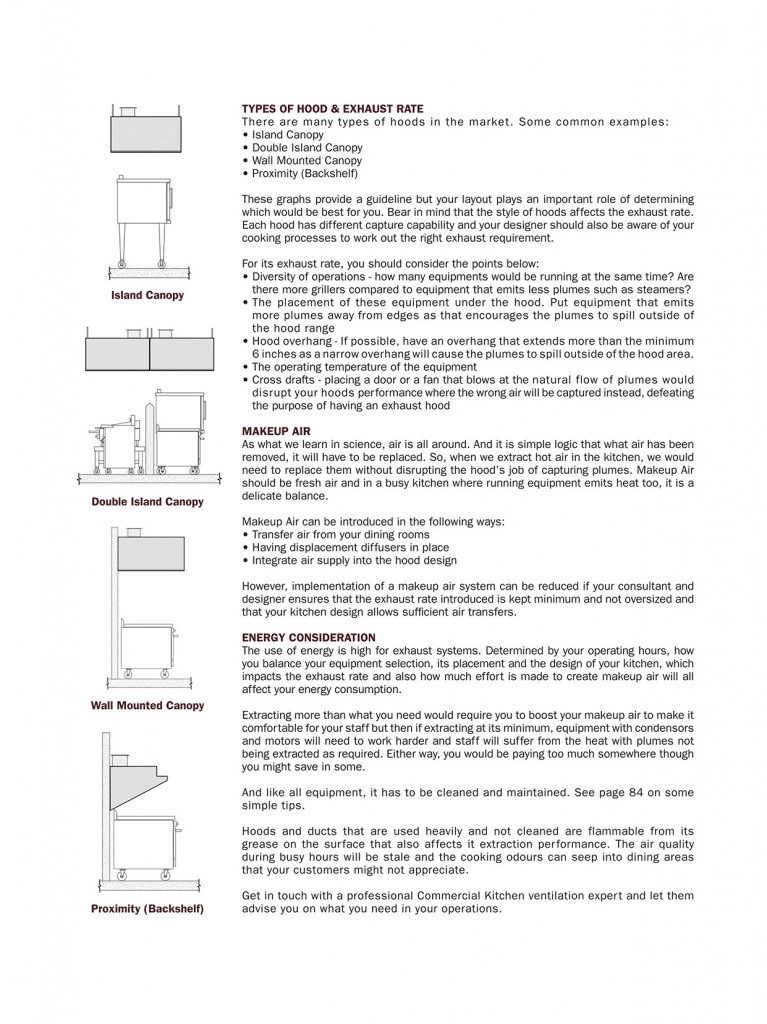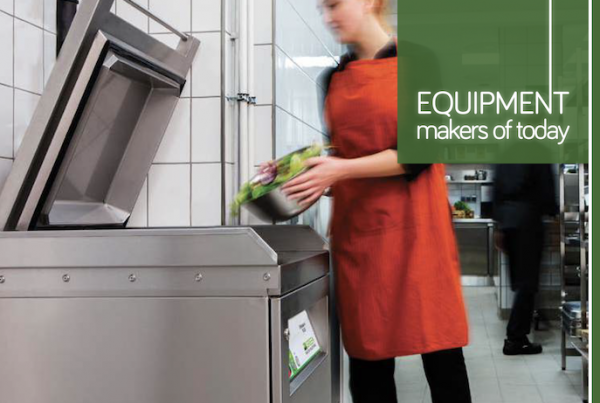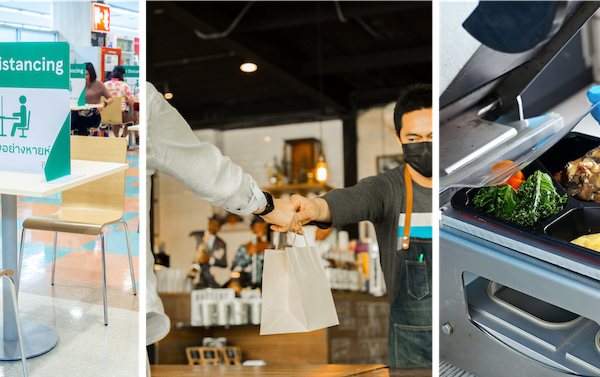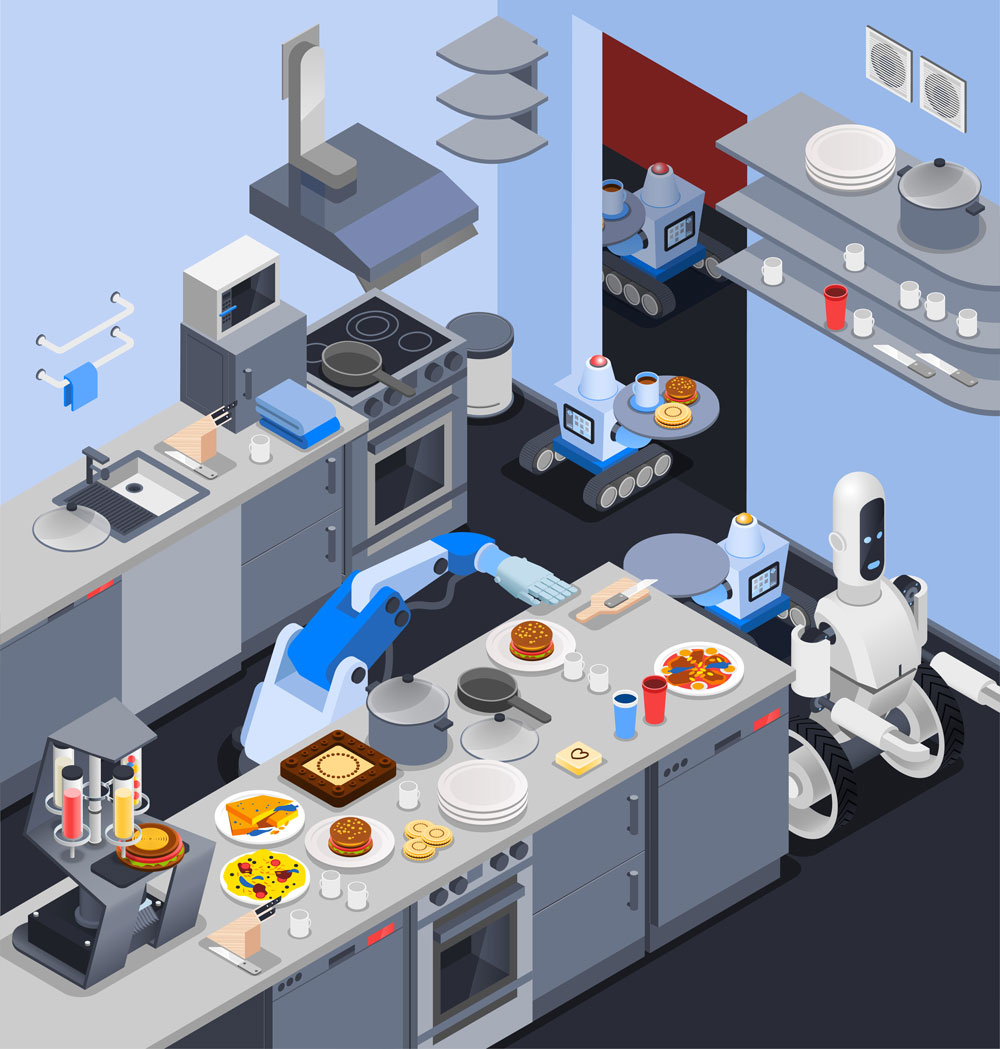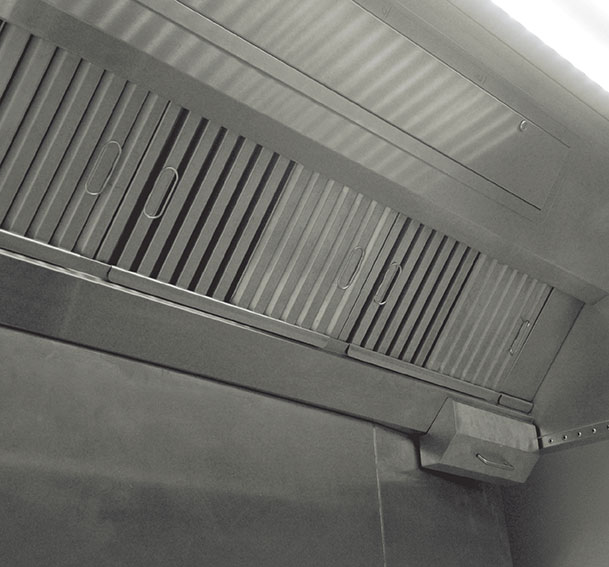 Keeping your cool in a busy commercial kitchen will get things done. And its tough when you are surrounded by equipment that is emitting heat good enough to cook, literally. These plumes generated from your cooking processes consists not only of heat but also grease in them which makes working in a badly ventilated kitchen dangerous and unhealthy.
Keeping your cool in a busy commercial kitchen will get things done. And its tough when you are surrounded by equipment that is emitting heat good enough to cook, literally. These plumes generated from your cooking processes consists not only of heat but also grease in them which makes working in a badly ventilated kitchen dangerous and unhealthy.
That’s why ventilation in a kitchen is impor tant. The interaction between HVAC (heating, ventilation and air conditioning), makeup air and exhaust is complicated and many assume that as long that there is a vent, a window or fan that is “moving” the hot air out of the kitchen, it would be suf ficient. But without having a little more understanding of how a commercial exhaust system works – you might be losing the wrong air and without the right calculation – you are just burning more energy while making it uncomfor table for your staf f.
Commercial Kitchen Ventilation (CKV) should cover these areas:
• Selection of hood type and exhaust rate,
• Influences and types of makeup air (air in the proximity of the appliances and hood that replaces the air that is sucked up by the exhaust fan),
• Energy consideration.
Before we go into detail of the 3 points, we need to first identify the equipment that you have – your cooking equipment. Some equipment releases more grease and smoke when in use and it is also determined by the food that you are preparing and the process. Open equipment like burners, grillers or charbroilers generally exhibits more plumes, whereas ovens and pressure fryers will only do so when you open the cover or door. Besides cooking equipment – other equipment that emits steam and heat like baking ovens and dishwashers should be factored in as well.
[box style=”rounded” border=”full”]MR GUNALAN GANESAN
 Halton Group Asia – General Manager
Halton Group Asia – General Manager
“Removing your filters so that you think you get better suction is completely wrong. What you are doing is transferring the plumes into your vents which would be an even more expensive problem in the long run. Get a professional to work out the calculations for you – oversizing your system is a waste of investment that will only increase in time as you are burning unnecessary energy to operate it.”

